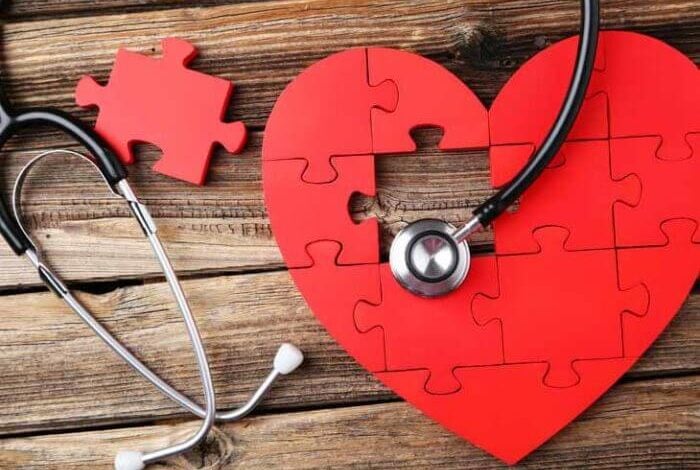Weak physical health has long been associated with increased chances of developing mental illnesses. Likewise, possessing mental health issues can also weaken physical health and increase medical issues. A recent study has revealed an association between mood disorders, such as depression and anxiety, and having higher risks of heart attacks or strokes.
A study published in Circulation: Cardiovascular Quality and Outcomes, analysed 221,677 Australian participants aged 45 and above, with no history of heart attacks or strokes over the course of four years, from 2006 to 2009.
Conduct of the Study
Participants were examined for psychological distress by answering a standard set of questions explaining the symptoms of mood disorders. It required them to self-assess their mood and characterize them as either low, medium or high/very high on the psychological distress scale.
Among the participants, more than 16 percent described themselves as having bearable psychological distress while approximately 7 percent of the individuals reported having high/very high psychological distress.
Furthermore, around 4,573 heart attacks and 2,421 strokes were reported to have occurred during the sequent follow-up of four years. The risk of heart attacks and strokes were also observed to be more common in those of with higher psychological distress.
Can mental health disorders increase the risk of heart attacks?
The results of the study suggested that:
- Men between 45 to 79 years of age with high levels of distress were 60 percent more vulnerable to heart attacks and 44 percent more inclined to get a stroke than those with low psychological distress.
Women in the same age group with high levels of psychological distress were 24 percent more susceptible to heart attacks and 68 percent more inclined to get a stroke. - The study also evaluated each participant’s lifestyle which included smoking habits, alcohol intake, exercising routines, diet, and health history. Despite all those factors, the connection between heightened risk of heart diseases and psychological distress was still determined to be present.
According to the study’s senior author and Chancellor’s Fellow at the University of Edinburgh in Edinburgh, Caroline Jackson, Ph.D,
“While these factors might explain some of the observed increased risk, they do not appear to account for all of it, indicating that other mechanisms are likely to be important.”
These results add to current evidence that relates psychological distress and increased risk of heart attacks and strokes. However, additional research that concentrates on the hidden mechanisms that causes cardiovascular disease and stroke risks is needed to further develop this theory.
“It is also possible that symptoms of depression or anxiety directly affect the body’s physiology through mechanisms such as hormonal pathways, inflammatory processes in arteries and increased risk of blood clotting,” Jackson added.
It is also important to encourage society to provide additional research and help for mental health treatment, as it has been proven to also affect overall physical health as well.
Treating mental health to prevent deterioration of physical health
According to the National Institute of Mental Health (NIMH), an estimated 44.7 million adults, representing 18.3 percent of all American aged 18 and above, are dealing with some kind of mental illness in the United States. These include but are not limited to anxiety, depression, obsessive compulsive disorder, and bipolar disorder.
At AKUA Mind & Body, we take a psychodynamic approach to help our clients restore healthy relationships and provide ongoing support after treatment to ensure success. Also, we encourage our clients to engage in group therapy and ongoing peer support. Please call our 24/7 helpline for more information about our mental health treatment programs.




